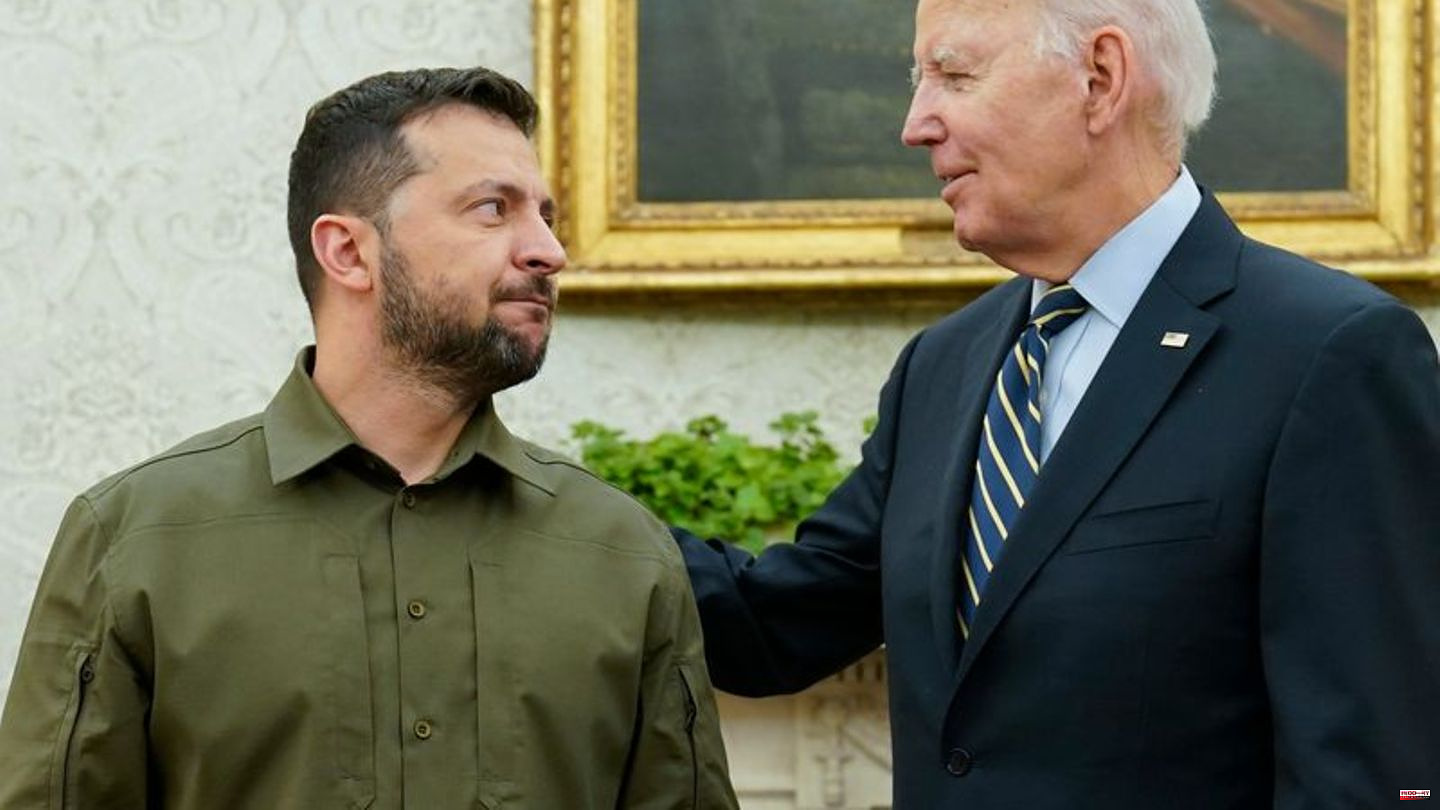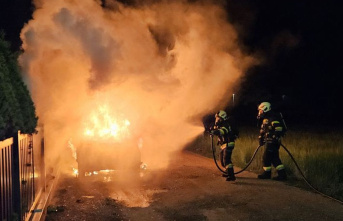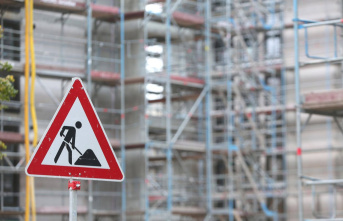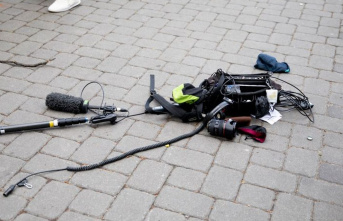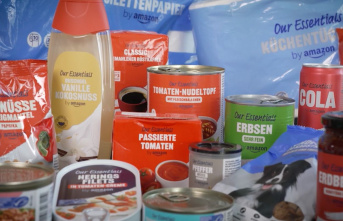Shortly before the vote in the US Senate on a new Ukraine aid package, US President Joe Biden promised Ukrainian President Volodymyr Zelenskyj quick support. Biden spoke on the phone with his colleague, the White House said in a statement.
Zelensky later said in his evening video address that details on the delivery of new long-range ATACMS missiles had been "finalized" during the conversation. Meanwhile, Great Britain also promised another large military package.
Biden promises Zelensky quick support
Once the Senate passes the bill and Biden signs it, his administration will "rapidly deploy new security assistance to meet Ukraine's urgent battlefield and air defense needs," the White House said.
Last Saturday, after months of deadlock, the US House of Representatives approved an aid package worth 61 billion US dollars (57 billion euros), which also includes urgently needed arms deliveries for defense against Russia. The necessary approval from the Senate is still pending, but is considered certain.
During his phone call with Biden, Zelensky announced that details on the delivery of new long-range ATACMS missiles had also been “finalized”. To date, the US has delivered ATACMS with a throttled range of 165 kilometers. However, Ukraine would like a type of rocket with a range of 300 kilometers so that it can also attack targets far behind the front. Zelensky did not provide any information about which model of ATACMS the US plans to deliver.
Great Britain promises a large aid package
Meanwhile, a new promise of aid also came from London: Great Britain promised Ukraine its largest aid package to date with dozens of combat boats, hundreds of vehicles, more than 1,600 rockets and millions of rounds of ammunition.
"Defending Ukraine against Russia's brutal ambitions is vital to our security and to all of Europe," British Prime Minister Rishi Sunak said in a statement before a visit to Poland. "If (Kremlin chief Vladimir) Putin succeeds in this war of aggression, he will not stop at the Polish border."
Russia announces increased shelling of Ukraine
After the announcement of new US military aid to Ukraine, Russia has announced even more intense shelling of the neighboring country it has been attacking for more than two years. “We will increase the intensity of strikes against logistical centers and storage facilities of Western weapons,” Russian Defense Minister Sergei Shoigu said at a meeting of senior military officials.
Western military experts had been warning for days that Russia could use the window until the new weapons and ammunition arrived for Ukraine to intensify its attacks.
Although Moscow often destroys civilian infrastructure during its shelling, the Russian military leadership claims that it only fights military targets. The Russian armed forces particularly bombed energy facilities in Ukraine. According to Shoigu, the Russian army has the reins firmly in its hands at the front. The Ukrainian soldiers were being pushed back from their positions, he said. Kiev's counteroffensive failed.
"Since the start of the special military operation, the losses of the Ukrainian Armed Forces amount to almost half a million soldiers," Shoigu said. At the end of February, however, Ukrainian President Volodymyr Selenskyj stated the number of his own dead at 31,000. Western military experts estimate the losses - killed and seriously wounded - on both sides at more than 100,000 each.
NATO does not want to expand the deployment of nuclear weapons
According to its Secretary General Jens Stoltenberg, NATO has no plans to station nuclear weapons in other member countries. There are no plans to expand the current arrangement of nuclear sharing, Stoltenberg said during a joint appearance with British Prime Minister Sunak in front of British soldiers stationed in Poland.
On Monday, Polish President Andrzej Duda reiterated that his country was open to the stationing of US nuclear weapons. "If there is such a decision by our allies to station nuclear weapons on our territory as part of nuclear sharing in order to strengthen the security of NATO's eastern flank, we are ready to do so," said the president in an interview with the tabloid "Fakt ". Both Duda and his security advisor had already expressed such considerations in the past. In Poland, the president is commander-in-chief of the army.

